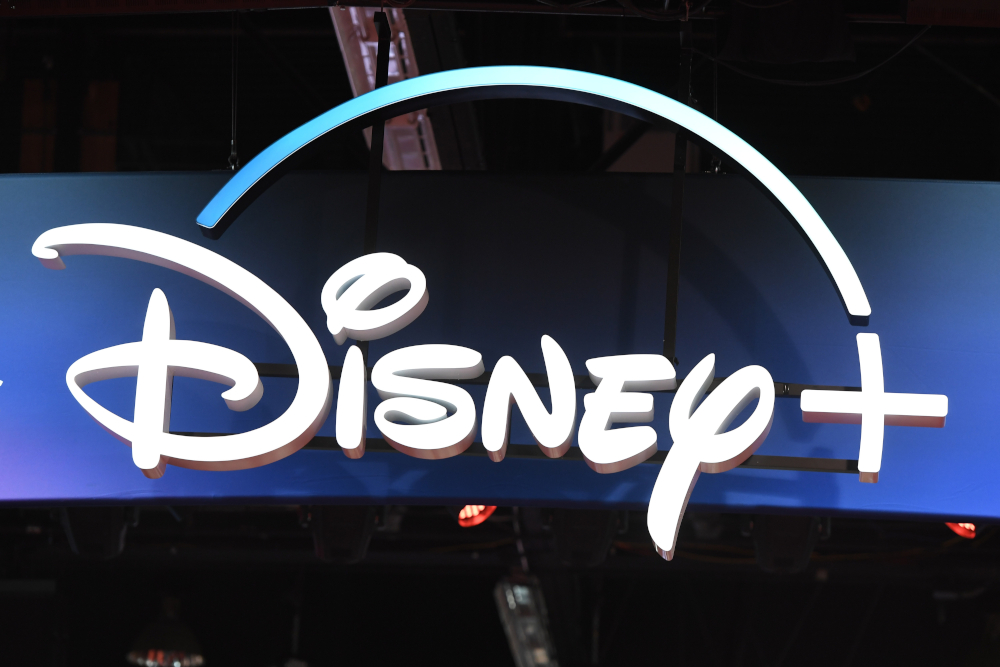LOS ANGELES, May 4 — Walt Disney Co’s acquisitions spree that included swallowing much of Rupert Murdoch’s 21st Century Fox last year, and a reputation for operational excellence, turned the company into the world’s most powerful entertainment machine.
That girth has now made it the most vulnerable among media companies during the global coronavirus pandemic. Tomorrow, Wall Street will assess the level of damage and look for signs of a bottom.
With sports leagues dormant, Disney’s ESPN cable channel has resorted to showing reruns of old games and fringe programming like stone-skipping competitions. Profit centres such as its theme parks and cruises are either closed or docked. Its powerful content engine has slowed dramatically as productions are on hiatus and movie theaters stay dark.
“Disney has a bull’s eye on its back like no other media company,” Bank of America Merrill Lynch analyst Jessica Reif Ehrlich said in an interview. “They are impacted greatly.”
Ehrlich on April 6 cut 2020 revenue estimates for Disney by 15 per cent to US$70.9 billion (RM306 billion).
Disney declined to comment.
The company’s fiscal second-quarter financial report tomorrow will offer the first assessment of the damage the coronavirus has wreaked on Disney’s global business.
Overall, analysts expect Disney to report US$17.8 billion in revenue from January through March, up 19 per cent from 14.9 billion a year ago, and earnings per share of 89 cents, down 45 per cent from US$1.61 a year earlier.
The earnings report will also be the first outing in front of Wall Street for Bob Chapek, the former parks chief who moved into the chief executive’s job in February just as the pandemic spread around the world. Chapek took on the new role as Bob Iger stepped down to become executive chairman.
Executives will face analysts looking for answers on how they plan to navigate out of the unprecedented global crisis.
New reality
Disney has adapted to the new reality in several ways. It provided audiences sheltered at home with early access to The Last Dance, an ESPN documentary series about basketball great Michael Jordan that became an instant hit. National Football League draft coverage also drew record ratings for ESPN and Disney’s ABC broadcast network.
Among other shifts, Disney moved Pixar movie Onward to video on demand early, and put Frozen 2 and Star Wars: The Rise of Skywalker on the Disney+ streaming platform ahead of schedule.
Ehrlich and many other analysts are optimistic about the company’s long-term future. She is one of 13 analysts who rate Disney shares a “buy.”
“They have incredible brands, and it’s extremely well managed,” Ehrlich said. When the health crisis subsides and the economy bounces back, “there will be pent-up demand for sports and experiences, theme parks, movies and TV shows,” she said.
Among other analysts, five rate Disney a “strong buy” and 10 a “hold,” according to data from Refinitiv.
A bright spot is the Disney+ streaming platform that debuted in November. Disney said on April 8 that the offering had attracted more than 50 million paid subscribers in five months. The service will expand to more countries in 2020.
But Disney is spending heavily to build its digital future. Analysts expect the streaming division, known as direct-to-consumer and international, to report a loss of US$861 million. Disney has said the unit will turn a profit by fiscal 2024. — Reuters






















